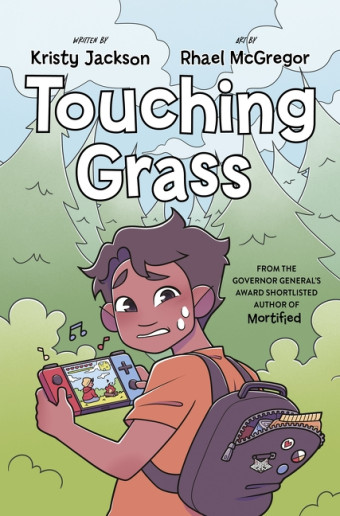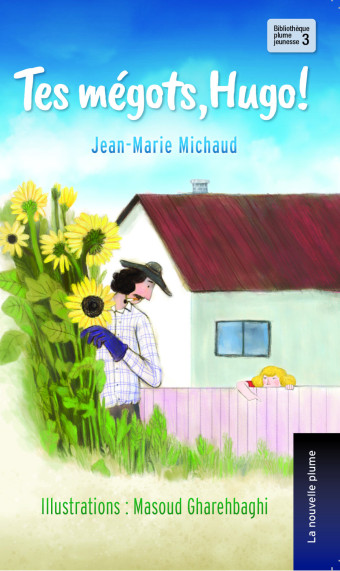Calgary-based author Patti Edgar “wanted to write a novel about a close childhood friendship at a crossroads.” The result is Anna Analyst, which follows Anna, who narrates and is always open about her foibles, and her best friend, Lana, as they make the transition from elementary to middle school.

- Anna Analyst
- Patti Edgar
- Great Plains Publications
- $11.95 Paperback, 168 pages
- ISBN: 978-17-73370-56-9
Each has different ideas of what the change will bring, and the two are at odds as a result.
“Leaving behind the comforts of elementary school can be exciting and intimidating; some kids feel ready and some don’t,” says Edgar. “Anna and Lana are approaching this impending change differently and that’s put a wedge in their friendship.”
Lana wants to mature – earn some money, wear sophisticated clothing, hang out with boys. Anna doesn’t see why everything has to change, just because they’re changing schools – she wants to spend summer days as usual at the mini golf course. The girls have a few heated conversations, and it seems as if Lana may be moving on with a new friend.
“Luckily,” says Edgar, “they have a whole summer to figure it out and supportive people in their lives who help them.”
Inspired by a childhood interest in graphology, which is the study of handwriting, Edgar dug out her old book on handwriting analysis as research. She explains the appeal: “The idea that handwriting could help me understand my place in the world was really intriguing.”
Like Edgar as a child, Anna has a “childhood fascination with this fading idea that handwriting provides a window into someone’s true self.” While analyzing handwriting over the summer, Anna learns that “graphology’s best use is for spotting forgeries.”

The animals in Anna Analyst almost steal the story, especially Salsa and Nachos, Anna’s tortoises that her family inherited from her father’s college roommate. While Edgar doesn’t have experience with owning tortoises herself, after all her research, she believes they are a good choice.
She says, “Tortoises are perfect for Anna because, like her, they prefer the comforts of a cozy shell and may take a little while longer to get to their destination.”
Animal-related conflict arises when Lana gets a job looking after Charlie, a rescue dog. Anna sees dogs as a threat to her tortoises, and it doesn’t help that Anna’s mother takes a special liking to Charlie.
Edgar describes Anna as a “quirky, self-assured character” who pushed the author to tell her story.
Even so, Anna is young, and slow to accept change, wanting her life to remain the same comfortable one she’s always had. Edgar says, “Anna is not very self-aware, which is fun for the reader who may recognize her missteps before she does.”
Throughout the events of the book, Anna is forced to mature, despite her resistance to the idea. When she has to deal with a bad decision she’s made, she also has to realize that change is inevitable. The author wanted her to grow over the summer without losing what makes her unique.
“Change,” says Edgar, “while it can be difficult, can also make life richer.”












